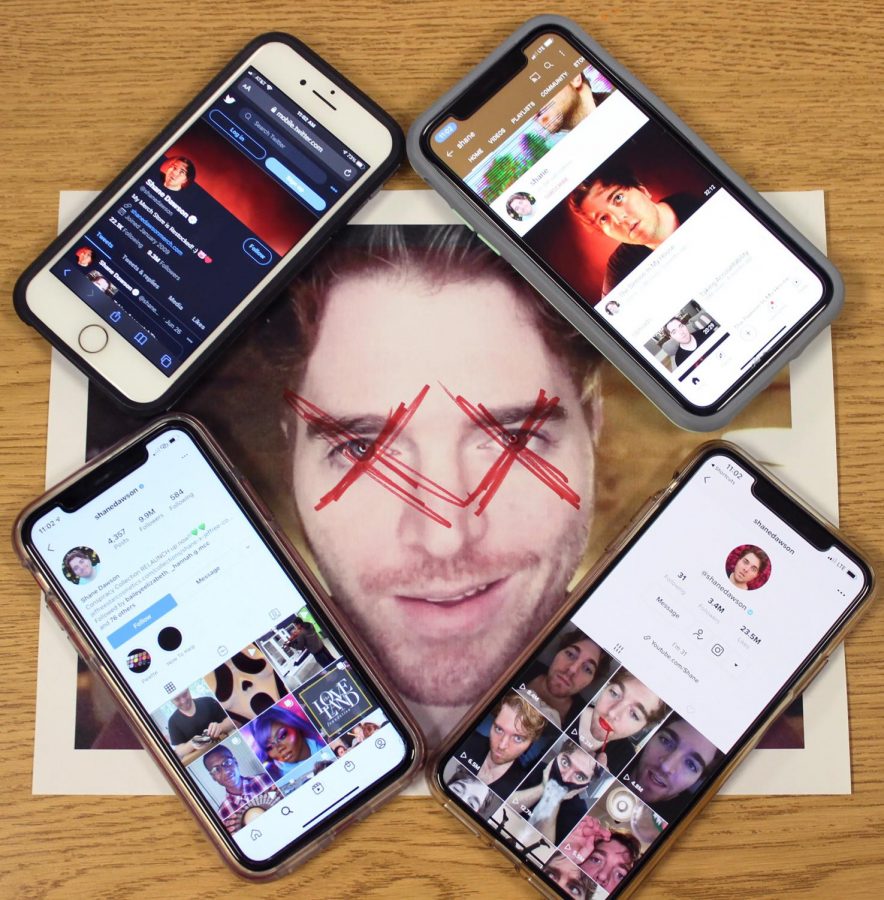The Fall from Fame
December 18, 2020
While browsing social media, one can hear about influencers being “cancelled.” This has become the new normal for social media outlets — referred to as cancel culture.
Cancel culture is the popular practice of withdrawing support —- also known as cancelling — for public figures and companies after they have done or said something considered objectionable or offensive.
Cancel culture is highly controversial, since some content creators recently have been getting cancelled over what some may consider small things. So, is cancel culture a good or bad thing?
Lauren Huff, senior at Nixa High School with social media, is torn when it comes to the issue of cancel culture.
“I think cancel culture can be good if it holds people accountable for their wrong actions. However, it can be detrimental when people resort to excessive bullying,” Huff said.
Social media can be a volatile platform, and when many people band together against someone, it’s almost impossible to escape.
“I think accountability for one’s actions is important, but I don’t think that bullying and harassment is right, which is what cancel culture often leads to,” Huff said.
Senior Daegan Bates doesn’t use social media,
“I think social media is toxic. … Sometimes I think we’re just too connected in a way that’s not healthy,” Bates said.
The hyperconnectivity of social media allows people to join together to collectively cancel someone. For some, this can be seen as a beneficial thing.
“Cancel culture can often cause people to band together as a community against a specific person or organization, and helps create a sense of belonging whenever people are united against a common enemy,” Huff said.
Generally, the most at risk for cancel culture are the celebrities or popular creators. One of the popular content creators is senior Michael Schimmer, who has almost one million followers on TikTok.
“As someone who has almost a million eyes constantly watching me, there is a fear of what I post or do on social media,” Schimmer said.
With the fear of losing support, celebrities and content creators make sure to monitor what they say or do online.
“I keep my page as unbiased on topics as possible, and I make it entertaining to forget the things that are upsetting,” Schimmer said.
A popular example of someone who has been cancelled is Shane Dawson because of past racist and pedophilic statements.
“I think that it is very important to hold people accountable for their actions. … I think that the accountability [cancel culture] has is good because people that are acting as role models and positions of influence over others need to be held to a high standard” Huff said.
Schimmer shares similar thinking.
“I think the internet is a very powerful thing and there is definitely power in it to serve justice in good ways,” he said. “It’s not always served in the best way and I think it can get mixed up with a trend, but cancel culture aims at a good thing even if it’s not always gone about in the right way.”






